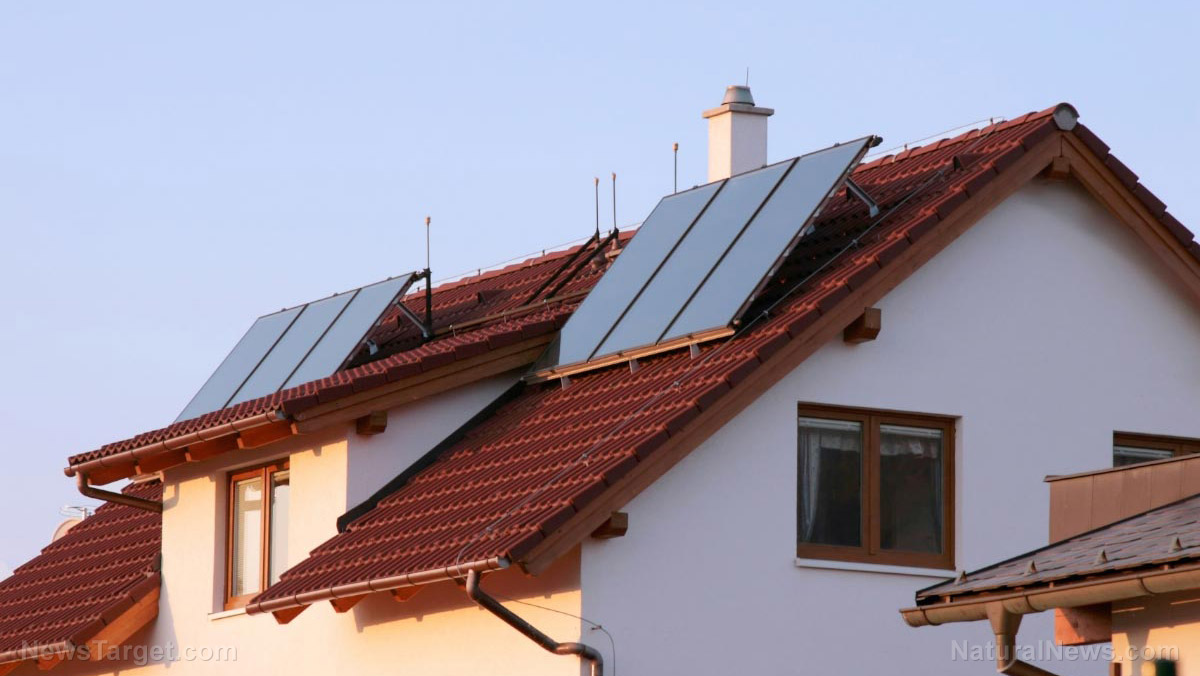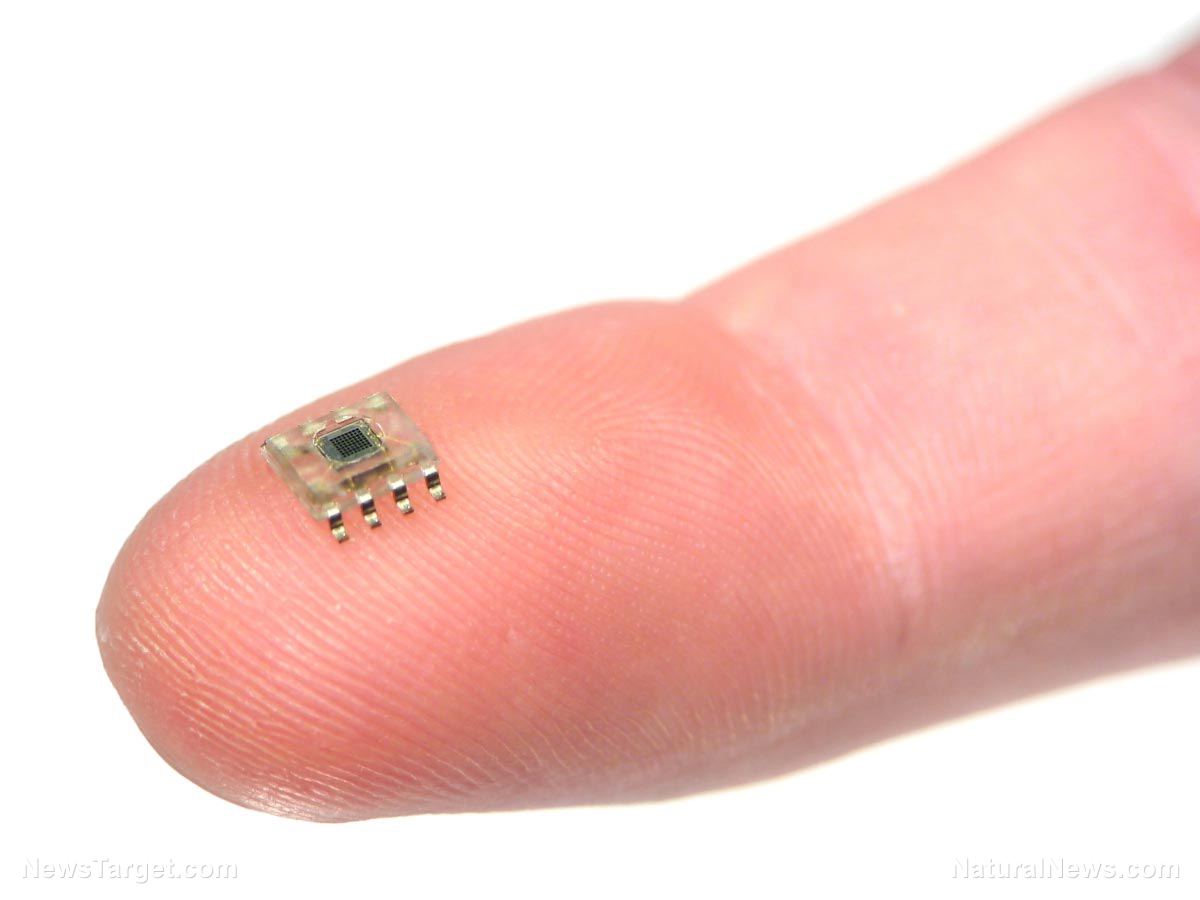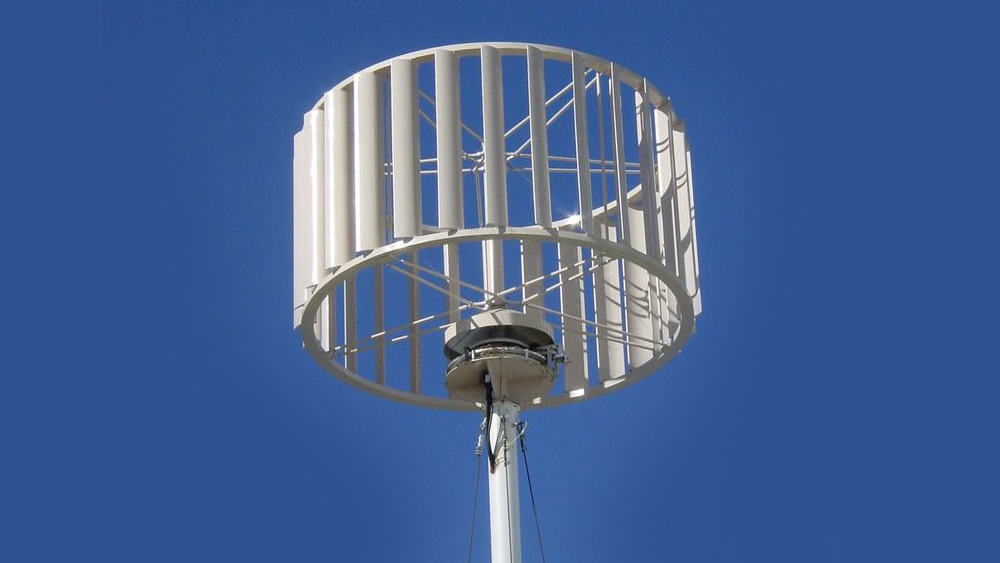Solar homes: Utah apartment doubles as a “virtual power plant” that harnesses solar energy
05/31/2021 / By Virgilio Marin

A new apartment complex in Utah will never go dark during a power crisis with the solar batteries installed in each of its units. Charged via rooftop solar panels, the batteries collectively form a “virtual power plant” that can provide backup electricity not only to the building but even to a strained power grid.
Utah apartment is more than just a home
Called Soleil Lofts Apartment, the building complex was developed by Utah-based developer Wasatch Group, which started exploring solar batteries years ago as a means to cut costs.
“One of the reasons we’re looking at renewables and solar is that it reduces operating expenses and increases cash flow, a big deal to real estate owners,” Ryan Peterson, president of Wasatch Guaranty Capital, the firm’s real estate and investment arm, told the New York Times.
The firm partnered with utility company Rocky Mountain Power and battery maker Sonnen to make Soleil. Set to be located south of Salt Lake City, the lofts will serve a dual purpose: to provide an upscale home for buyers and to operate as a virtual power plant.
A virtual power plant is a power plant comprised of power-generating units such as wind farms and solar parks, as well as storage units like solar batteries, which store energy generated by solar panels. These units operate independently but are connected over the internet to the grid.
Last fall, Soleil partially opened. Each of its 600 units is equipped with a solar battery. Together, Soleil batteries generate 12.6 megawatt-hours of electricity and reduce residents’ energy bills by up to 40 percent. When the power grid is overwhelmed, Wasatch sells Soleil energy to Rocky Mountain Power. (Related: Oracle exec built his own microgrid to escape America’s unreliable power grid.)
The firm plans to expand the Soleil model. It will roll out a series of six pilot programs across its California properties to see if older buildings measure up to Soleil. Eventually, according to Peterson, Wasatch may get in the business of outfitting other landlords’ properties with virtual power plants.
“We believe it can be done, and once it’s proven out, it’ll open a much bigger pathway for this model,” he said.
More firms explore virtual power plants
Wasatch is not the only firm exploring virtual power plants. California software company OhmConnect plans to build a massive system using $100 million in funding from Sidewalk Infrastructure Partners, a partner of Google’s parent company Alphabet.
Sidewalk Infrastructure paid OhmConnect to scale up an existing program that it has been using to prevent blackouts in California. Under this program, the software firm asks people via text to conserve energy at key moments. The saved energy then gets redistributed back to the grid while people get paid depending on how much electricity they saved.
With the investment, Ohm Connect will offer subsidized smart home devices such as thermostats to Californians who will enroll in its program. An app will send alerts like, “If you’re willing to move your temperature by two degrees, on Wednesday in your home, we’re able to pay X dollars,” according to Sidewalk Infrastructure CEO Jonathan Winer.
The project is expected to reel in enough new homes to scale up the virtual power plant to 550 megawatts, which will be the largest in North America.
In December last year, Swell Energy in Los Angeles raised $450 million to make a virtual power plant that will deliver 200 megawatt-hours of dispatchable energy capacity. The firm will use the money to distribute around 14,000 solar-storage systems to homeowners and businesses across three unnamed states by 2023.
Other firms, on the other hand, are already in the midst of using the technology. New York City’s Related Companies recently equipped its Gateway Center retail complex in Brooklyn with a 4.8-megawatt battery.
Meanwhile, Arizona’s Meritage Homes launched multiple demonstration projects across the country, from California to Texas all the way to North Carolina, in a bid to understand how buildings can better optimize the power grid and reduce energy costs.
Learn more about virtual power plants and other innovative energy solutions at NewEnergyReport.com.
Sources include:
Tagged Under: electricity, future tech, innovation, power grid, renewable energy, science and technology, solar batteries, solar energy, solar panels, solar power, virtual power plants
RECENT NEWS & ARTICLES
COPYRIGHT © 2017 FUTURETECH.NEWS
All content posted on this site is protected under Free Speech. FutureTech.news is not responsible for content written by contributing authors. The information on this site is provided for educational and entertainment purposes only. It is not intended as a substitute for professional advice of any kind. FutureTech.news assumes no responsibility for the use or misuse of this material. All trademarks, registered trademarks and service marks mentioned on this site are the property of their respective owners.





















